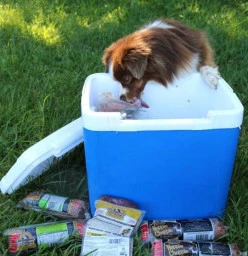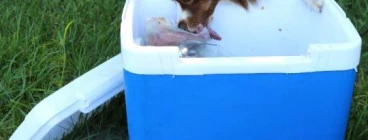- Cnr Carter&Celon St Carter Rd, Kimberley,, Kimberley CBD, Northern Cape 8301
- 5-10 km from Everest Heights
Pets Parcel - Pet Supplies & Services in Everest Heights (4339)
No exact matches found within 5km.
Other related businesses in and around Everest Heights (within 20km)
- Cnr King Fisher and Flamingo Road, Sedgefield, Sedgefield Central, Western Cape 6573
- 10-20 km from Everest Heights
- R510 Provincial Road, Thabazimbi,, Thabazimbi, Limpopo Province 0380
- 10-20 km from Everest Heights
- Lot 162, Thompson Avenue, Bizana, Bizana, Eastern Cape 4800
- 2 km from Everest Heights
- 91 Pathenon Street, Phoenix, Phoenix Central, KwaZulu-Natal 4068
- 5-10 km from Everest Heights
- Durban North CBD, KwaZulu-Natal
- 10-20 km from Everest Heights
Alpha Pet Products is a reputable company specializing in high-quality pet products, with a particular focus on sheepskin dog toys and raw food for dogs. Founded with a passion for providing pets with the best possible care, Alpha Pet Products has established itself as a trusted brand in the pet industry. Their line of sheepskin dog toys combines durability with luxury, offering dogs a satisfying chewing experience while also being gentle on their teeth and gums. These toys are crafted with meticulous... Read more
- Cnr Camden&Amersfoort Rd, Ermelo, Ermelo CBD, Mpumalanga 2351
- 10-20 km from Everest Heights
- Koksfontein Street Rowelsfontein Philippolis, Philippolis, Free State 9970
- 5-10 km from Everest Heights
- 13 Wick Street, Verulam, Verulam Central, KwaZulu-Natal 4339
- 2 km from Everest Heights
- 2 Jubilee Grove Umhlanga Rocks, Umhlanga Rocks, KwaZulu-Natal 4320
- 5-10 km from Everest Heights
- 35 Dolerite Street Middelburg Retail City Middelburg, Dennesig, Mpumalanga 1055
- 5-10 km from Everest Heights


